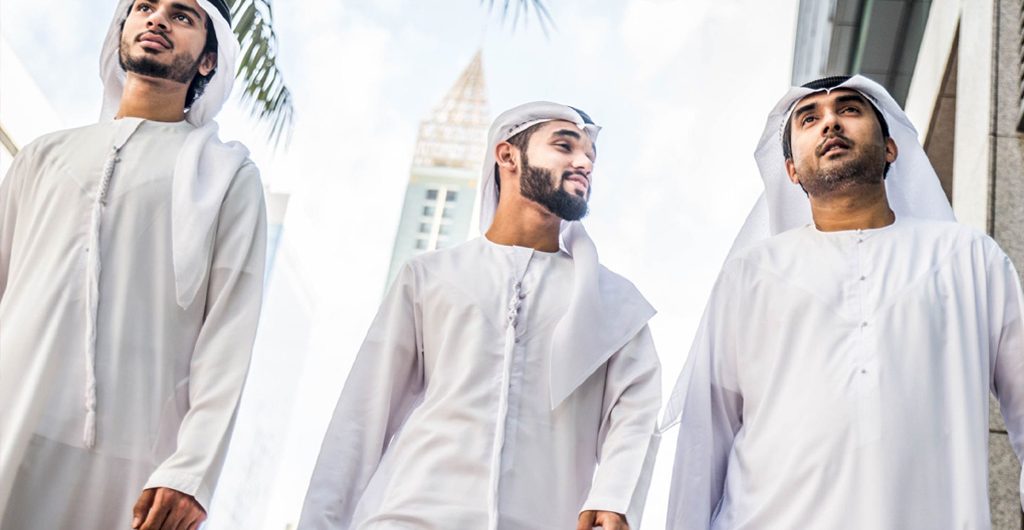Redefining Cultural Practices: How Emirati Traditions Inspire Sustainable Plastic Use

Redefining Cultural Practices: How Emirati Traditions Inspire Sustainable Plastic Use
In a rapidly modernizing world, the UAE stands at the intersection of tradition and innovation. While the country embraces cutting-edge technologies, towering skyscrapers, and global business hubs, it also maintains a deep connection to its cultural roots. This blend of old and new has a profound influence on how the UAE approaches sustainability—particularly in the realm of plastic use.
For generations, Emirati life in arid environments has been characterized by careful resource management. Historically, communities maximized what was available: repurposing materials, conserving water, and sharing goods to ensure that nothing went to waste. This cultural legacy remains relevant today as the country seeks solutions to manage plastic more responsibly.
Emirati traditions encourage mindful consumption and reuse, values that dovetail naturally with sustainability goals. In traditional households, items often served multiple purposes, and broken objects were fixed rather than discarded. This ethos resonates in modern sustainability campaigns, where the focus shifts from single-use plastics to reusable products that embody durability, practicality, and environmental stewardship.
Community gatherings, a central part of Emirati culture, also play an influential role. Majlises, or communal meeting spaces, are known for fostering dialogue, consensus-building, and the exchange of ideas. By channeling this tradition into conversations about plastics, the UAE encourages collective problem-solving. Whether it’s a neighborhood initiative to phase out single-use plastic bags or a business forum discussing biodegradable materials, community involvement ensures that change is inclusive and culturally grounded.
Another deeply rooted Emirati practice that inspires sustainable plastic use is the concept of hospitality. Central to this is the notion of giving generously and expecting little in return. This sentiment extends to environmental stewardship: taking care of the land, sea, and resources for future generations. In practical terms, this might translate to businesses adopting eco-friendly plastics that are gentler on marine ecosystems, or households choosing refillable containers out of consideration for the environment.
The UAE’s leadership has tapped into these cultural values to shape its policy framework. From banning certain single-use plastic items to promoting domestic production of recycled plastics, the country’s regulations reflect a balanced approach. Policymakers understand that success depends not just on imposing rules, but on aligning these rules with cultural principles that people already respect and understand.
In education, schools and universities use storytelling—a cornerstone of Emirati tradition—to impart lessons about waste reduction and recycling. By connecting modern sustainability challenges to historical narratives of survival and adaptation, educators ensure that students appreciate the relevance of sustainable plastic use. This approach helps build a sense of pride and responsibility, reinforcing that sustainability isn’t a foreign concept but a natural extension of long-standing cultural norms.
Private sector innovations also draw inspiration from Emirati culture. Companies that develop biodegradable plastics, for instance, do so with the understanding that products should serve the community’s well-being and not harm shared resources. Branding and marketing campaigns often highlight themes of stewardship, continuity, and respect, making it clear that sustainable plastics are in harmony with local values rather than at odds with them.
As the UAE prepares for the future—one shaped by climate challenges, resource constraints, and environmental concerns—its cultural heritage provides both a compass and a toolkit. The lessons embedded in Emirati traditions guide the nation toward solutions that are authentic, effective, and enduring.
By redefining cultural practices in the context of sustainability, the UAE demonstrates that preserving tradition and protecting the environment are not mutually exclusive pursuits. Instead, they form a symbiotic relationship, ensuring that as the country progresses, it carries forward the wisdom of its ancestors to shape a more sustainable future for plastics and beyond.
